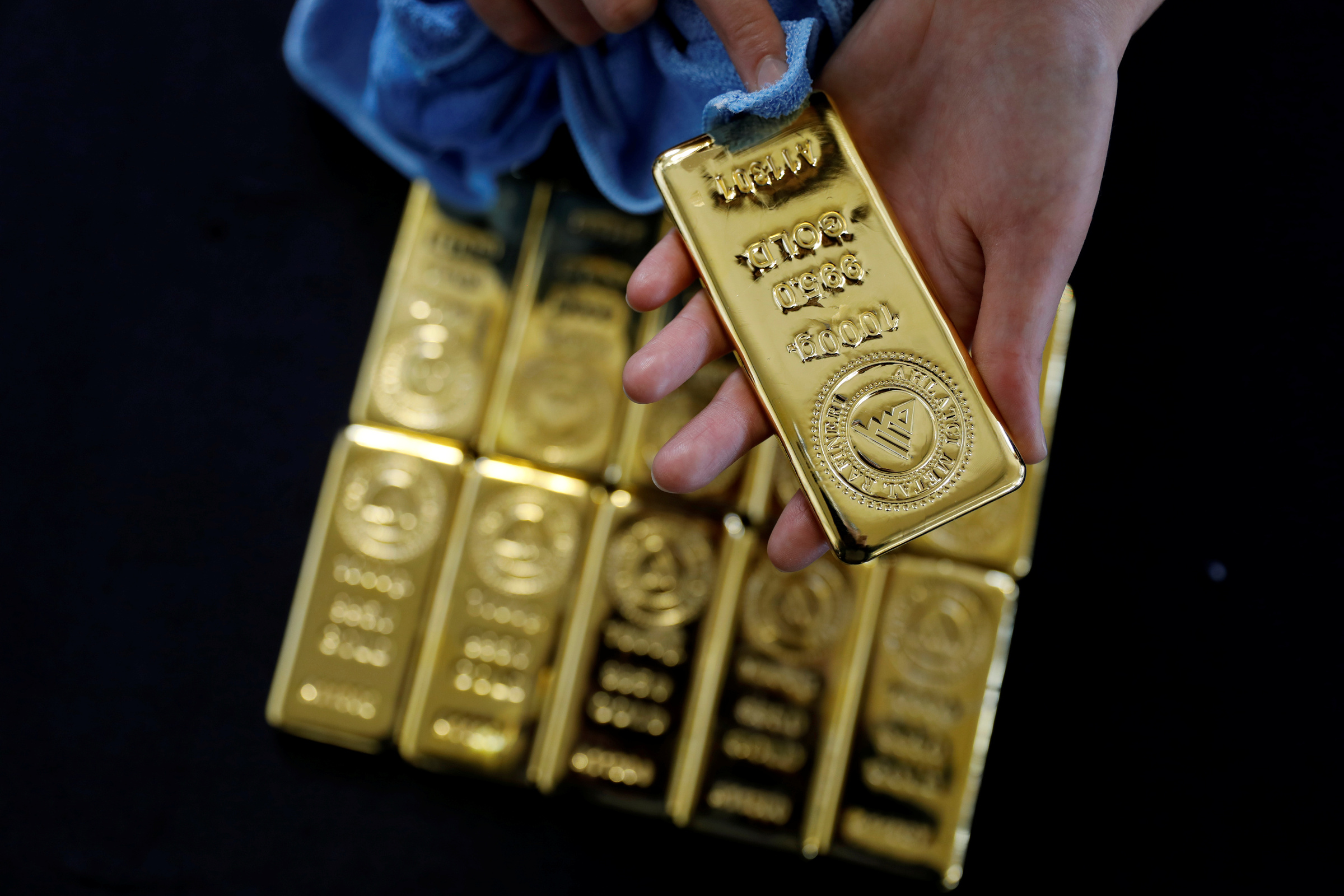The Financial Times cited a July 31 document from US Customs and Border Protection. The document states that 1 kg and 100-ounce gold bars should be classified under a customs code subject to higher tariffs.
Details about the tariff rate and implementation date are not yet available.
Gold bars imported into the US were previously virtually tariff-free. Robert Gottlieb, a former precious metals trader at JPMorgan Chase & Co, told Bloomberg that gold bars are regularly transferred between central banks worldwide. "We never thought it would be subject to tariffs," he said.
Bloomberg reported that traders and analysts are trying to understand the situation, including whether the tariffs are already in effect, how to obtain exemptions, and whether they apply to gold from all countries.
 |
1kg gold bars at Corum, Turkey. Photo: Reuters |
1kg gold bars at Corum, Turkey. Photo: Reuters
According to the Financial Times and experts, the tariffs on 1 kg gold bars, if implemented, will primarily impact Switzerland, the world's largest gold refining center. The country faces a 39% import tariff on goods entering the US, and traders previously believed gold bars were exempt.
Switzerland exported USD 61.5 billion worth of gold to the US in the 12 months leading up to June. Calculations suggest this gold would be subject to an additional USD 24 billion in tariffs if the Trump administration does not grant an exemption, based on the 39% rate applied to Swiss goods.
"The tariffs will certainly disrupt gold trading, and Switzerland will be the most affected. Premiums for physical gold could increase, leading to higher prices for consumers," said Zain Vawda, an analyst at MarketPulse.
Following the Financial Times report, US gold futures for December delivery rose 1% to USD 3,489.40 per ounce, after hitting a record USD 3,534.10. The spread between futures and spot prices widened to over USD 100, as spot gold remained relatively flat at USD 3,399.22 per ounce in the morning session. The precious metal is heading for its second consecutive weekly gain.
As a traditional safe-haven asset, gold prices are also supported by expectations that the US Federal Reserve (Fed) will cut interest rates next month. Bob Haberkorn, senior market strategist at RJO Futures, suggested that safe-haven demand will increase, while uncertainty about the gold supply in the US will also escalate.
"Gold prices are likely to remain high this weekend until the Trump administration provides more information about the 39% tariff on 1 kg gold bars," he said.
Phien An (Reuters, Bloomberg)












